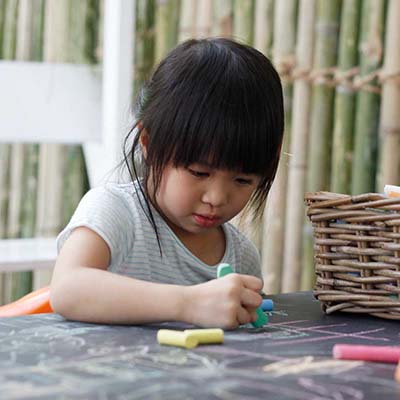How Small Schools Achieve Big Results

Small schools have been on the rise throughout Britain ever since the Government relaxed the rules on who can open private schools. Nurseries have sprouted up all over the country and although very small, some are fantastic places of learning. British Early Years Centre is classified “a small school” but what people are starting to understand is that small schools get “big results”. Here are the reasons why we do so well:
Family atmosphere- A recent Ofsted report stated that small schools with a family atmosphere often get amazing results not just academically but socially too. Small schools make it easy for all the teachers to know the children and thus they are supported well as they grow. In larger schools, children often get lost in the system and relationships between parents, teachers and students are not as strong as they could be. This of course affects the children’s learning. According to Cotton in “New Small Learning Communities: Findings from Recent Literature”…
“When teachers and students are able to build relationships, both are motivated to work and to make a success of the schooling enterprise. Teachers, moreover, can become knowledgeable about students’ learning strengths and needs and identify ways to respond to them in a way that is not possible in the typical large high school.”
Teacher-student ratios- Smaller schools tend to have smaller teacher-student ratios, which means each child gets more individual contact time. Struggling children are quickly picked out and supported and higher attaining children extended to reach their potential. Meier quotes in her study “The Big Benefits of Smallness”…
“Small schools mean we can get to know a student’s work, the way he or she thinks… This close knowledge helps us demand more of them; we can be tougher without being insensitive and humiliating”
Quality resources- Larger schools may have a bigger budget and fancy looking facilities, however smaller schools can still boast the same equipment. For example at BEYC we may not have a big pool but for the age of the children, it is more than adequate to help them learn to swim. Not only that but facilities in smaller schools tend to be of a higher quality than most bigger schools.
Better results- Studies have found that children that attend smaller schools tend to attain higher levels. Raywid in The case for small schools by John Hylden (page 13) cites several of these studies, concluding that smaller schools are more productive and efficient than larger ones and that students of smaller schools earn higher salaries than those who attended larger schools.
For anyone that doubts these results you only have to look at the levels of the children here at BEYC. Our class average is one year ahead of children of the same level in the UK and two years ahead of many of the bigger schools in Thailand. Just take a look at what our children can do…
Sources: http://www.hks.harvard.edu/pepg/PDF/Papers/PEPG05-05Hylden.pdf
